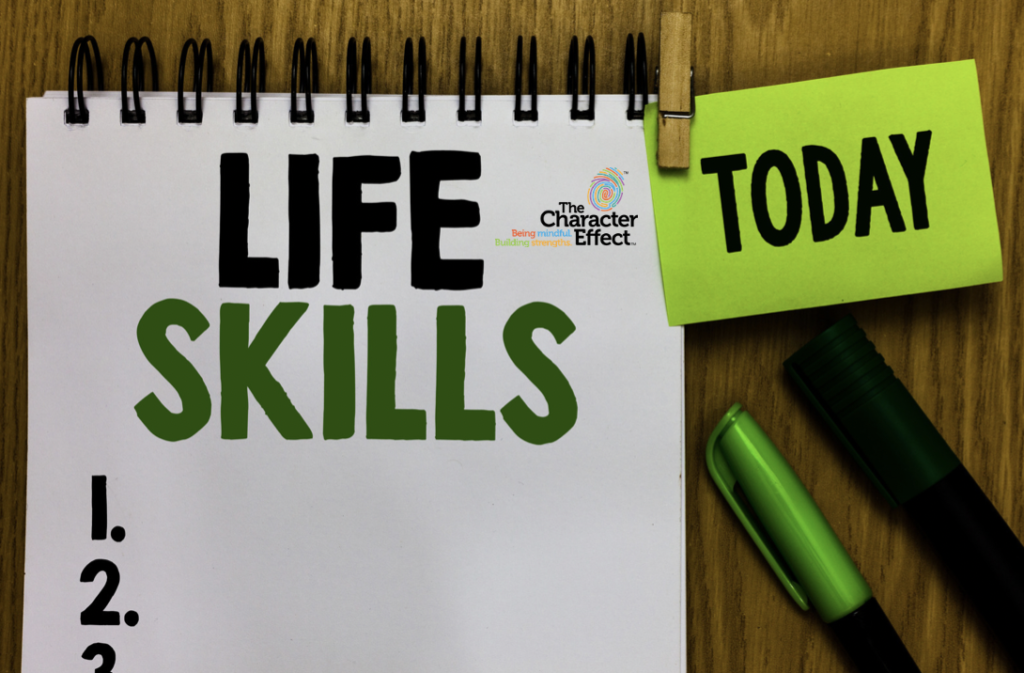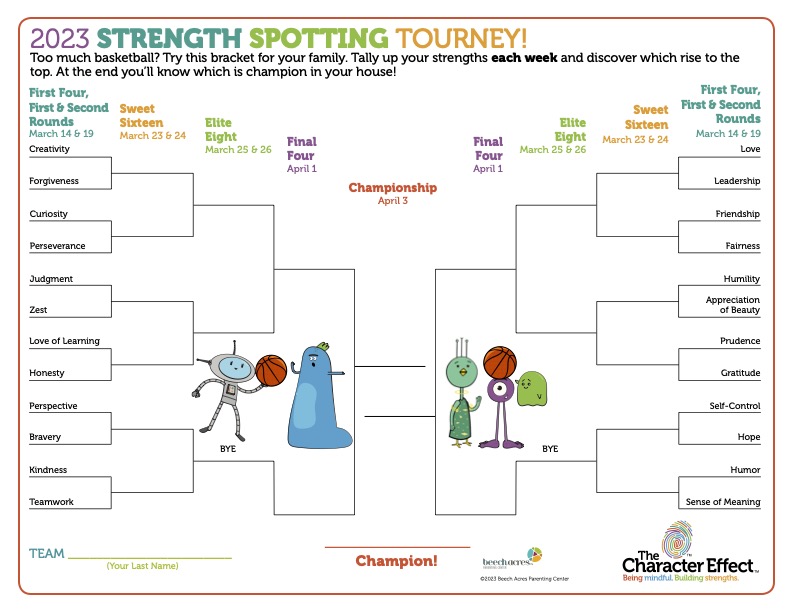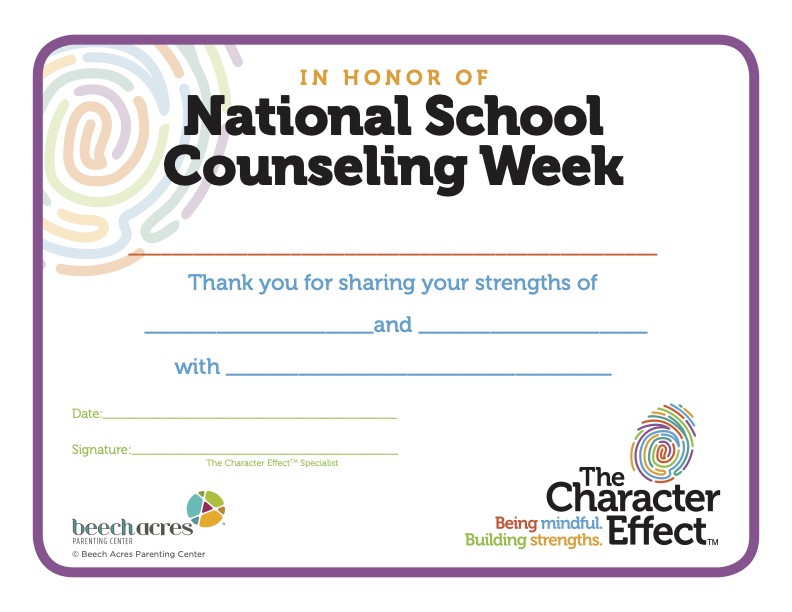Adulting 101: Social and Emotional Learning and Life Skills
October 14, 2021
Need a crash course in adulting? Honing your social and emotional skills is one of the best ways to build the life skills needed to not only survive but thrive in adulthood.
Many people associate social and emotional learning with improved behavior and academics in school. The reality is that the social and emotional skills you learn as a child – self-awareness, social awareness, self-management, relationship skills, and responsible decision-making – have long-lasting impacts. Research finds the social and emotional skills in kindergarten are related to higher levels of well-being and happiness up to 18 years later. [1]
And it’s not just how you feel that’s impacted. Social and emotional skills at an early age also predict future academic and job success. Kindergarten students with higher social and emotional competence are:
- 54% more likely to earn a high school diploma
- Twice as likely to attain a college degree
- 46% more likely to have a full-time job at age 25 [2]
Employers and economists are increasingly recognizing how critically important these “soft skills” or life skills are to success in the labor market and to the nation’s productivity. In 2016, the World Economic Forum Future of Jobs report noted, “Social skills—such as persuasion, emotional intelligence and teaching others—will be in higher demand across industries than narrow technical skills, such as programming or equipment operation and control.” [3]
While there is a growing consensus that social and emotional life skills are critical to future success individual well-being and economic success, employers can’t find enough people who demonstrate them. A Wall Street Journal survey of business executives found that while 93% believe character skills are as or more important than technical skills, 9 in 10 of them reported difficulty finding employees with these skills. [4] To address this demand, economic policy workgroups are calling for social and emotional skills to be a key educational focus of elementary and secondary education. [5]
The bottom line. In a high-tech world, people skills are more important to personal well-being and business success than ever. When we learn social and emotional skills as kids, we learn the skills needed for life. Programs like The Character Effect™ help identify, build, and develop these valuable life skills in a positive strength-based atmosphere that builds resilient life-long learners.

[1] Taylor, Rebecca D., et al. “Promoting positive youth development through school‐based social and emotional learning interventions: A meta‐analysis of follow‐up effects.” Child development 88.4 (2017): 1156-1171.
[2] Jones, Damon E., Mark Greenberg, and Max Crowley. “Early social-emotional functioning and public health: The relationship between kindergarten social competence and future wellness.” American journal of public health 105.11 (2015): 2283-2290.
[3] The future of jobs. World Economic Forum. https://www.weforum.org/reports/the-future-of-jobs
[4] Davidson, K. (2016, August 30). Employers find ‘soft skills’ like critical thinking in short supply. Wall Street Journal.
[5] Opportunity, responsibility and security: a consensus plan for reducing poverty and restoring the American dream. https://www.brookings.edu/research/opportunity-responsibility-and-security-a-consensus-plan-for-reducing-poverty-and-restoring-the-american-dream/




 Contact
Contact